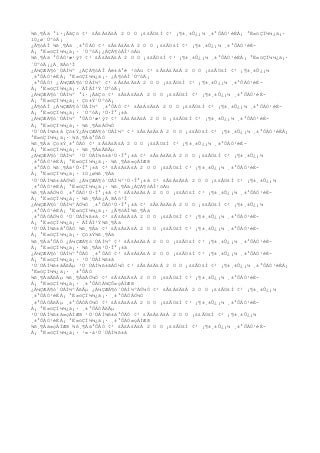 id="article-body" class="row" section="article-body"> Ever feel like you need this many alarm clocks in the morning? It could be the result of poor sleep, or maybe you just aren't destined to be an early bird.
id="article-body" class="row" section="article-body"> Ever feel like you need this many alarm clocks in the morning? It could be the result of poor sleep, or maybe you just aren't destined to be an early bird.Raimund Koch/Getty Images You've heard that waking up early is one of the best tactics for becoming more productive. You know that many of the world's most successful people wake up early. You may suspect that once you get used to waking up early, you'll feel better than you have in ages.
If all that's true, why is waking up early so dang difficult?
As it turns out, the answer isn't all that complicated. In this article, you'll learn about some common culprits behind morning grogginess and how to become an early riser -- if you even need to at all.
Related: 14 proven ways to get better sleep
Now playing: Watch this: How to improve sleep using tech 1:04 Why is it so hard to wake up in the morning?
One major contributor to tough mornings is nighttime wakefulness, says Barton Scott, a nutritionist and founder of Upgraded Formulas, 스위피게임 a supplement company focused on improving sl
r />"Nighttime wakefulness is ultimately, as a concept, being out of harmony with your normal circadian rhythm," Scott told CNET. "This can be termed chrono-misalignment, and this lack of harmony leads to issues getting to bed, falling asleep earlier than expected, [and] unexpectedly nappi
r />You may experience conscious wakefulness, where you know that you aren't sleeping well, or you may experience fragmented sleep, which involves many brief awakenings each night that you're unaware of or don't remembe
r />Consider these situations to decipher whether you might've spent the night tossing and turning, even without knowing i
r />You took a nap longer than 20 minutes the day before
r />You took a nap after 3 p.m. the day before
r />You consumed caffeine in the afternoon
r />You ate your last meal within two hours of bedtime
r />Your last meal was very heavy /str
r />You drank alcohol within a few hours of bedtime
r />You were looking at screens all the way up until bedtime/str
r />The temperature in your bedroom isn't right
r />Another contributor, perhaps the biggest one, is that some people simply aren't morning people, says Terry Cralle, registered nurse and certified clinical sleep educator. Everyone has a unique chronotype that regulate their sleep cycl
r />"Night owls often struggle against a society that is geared to early risers," Cralle told CNET. "Obviously, this can result in sleep deprivation and all of its consequences if their working hours are not in alignment with their body clock."
